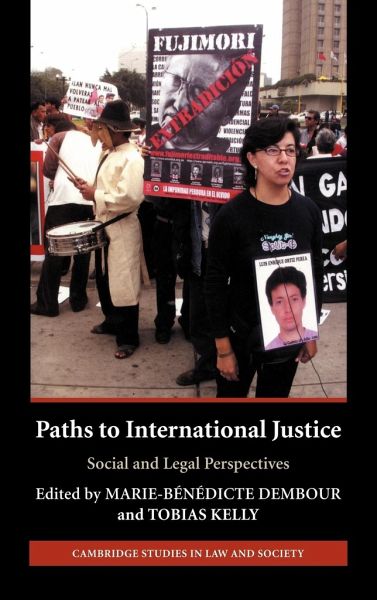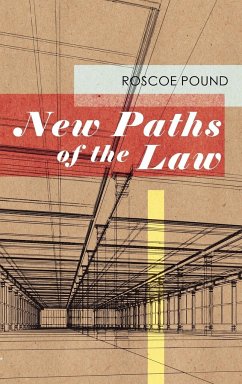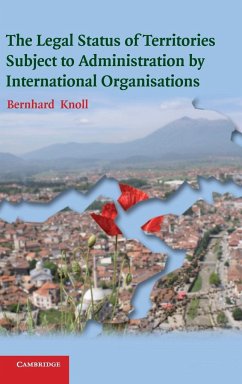
Paths to International Justice
Social and Legal Perspectives
Herausgeber: Kelly, Tobias; Dembour, Marie-Benedicte
Versandkostenfrei!
Versandfertig in 1-2 Wochen
112,99 €
inkl. MwSt.

PAYBACK Punkte
56 °P sammeln!
This volume focuses on the everyday social relationships through which international justice is produced. Using case studies from the International Criminal Court, the European Court of Human Rights, the UN Women's Convention Committee and elsewhere, it explores international justice as a process that takes place at the intersection of the often contradictory practices of applicants, lawyers, bureaucrats, victims, accused and others. With a sensitivity to broader institutional and political inequalities, the contributors ask how and why international justice is mobilised, understood and abando...
This volume focuses on the everyday social relationships through which international justice is produced. Using case studies from the International Criminal Court, the European Court of Human Rights, the UN Women's Convention Committee and elsewhere, it explores international justice as a process that takes place at the intersection of the often contradictory practices of applicants, lawyers, bureaucrats, victims, accused and others. With a sensitivity to broader institutional and political inequalities, the contributors ask how and why international justice is mobilised, understood and abandoned by concrete social actors, and to what effect. An attention to the different voices that feed into international justice is essential if we are to understand its potentials and limitations in the midst of social conflict or full blown political violence.














